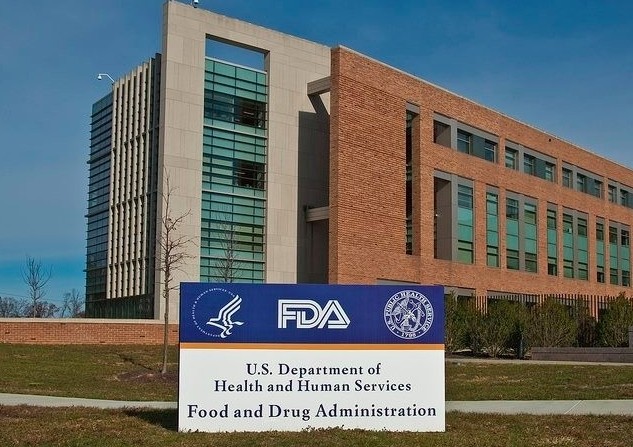Firms making opiod treatment claims don't represent responsible industry, experts say

The article, which appeared on Friday, was titled “Supplements Claiming to Ease Opiod Addiction Come Under Scrutiny.” The article’s author, Sheila Kaplan, interviewed the owner of a supplement company called NutraCore Health Products that at one time was one of its supplements was “the most effective on the market for treating withdrawal symptoms.” The company’s owner, Chris Beekman, has apparently altered the claims on the website since The Times article came out. It now claims to “support healthy nutrient levels in individuals going through substance withdrawal.” Beekman reportedly told Kaplan that it would be far too expensive to conduct clinical trials to support the claims he was making on the product.
CSPI demands action
Kaplan’s article was spurred by a letter sent to the US Food and Drug Administration by the nonprofit Center for Science in the Public Interest (CSPI). In the letter (a version of which was also sent to the Federal Trade Commission), CSPI said it found eight supplements on the market claiming to treat opiod addiction that did not contain the botanical kratom, which has been the subject of a separate recent enforcement action. CSPI said it wrote to the eight marketers requesting the scientific backing for the products’ claims and either received no responses or replies that said the companies had none, beyond anecdotal reports. CSPI requested that FDA and FTC work to remove the products from the market.
Another company that Kaplan details in the article, Mitadone 4Ulife, sells an opiod withdrawal support product. Like NutraCore’s product, these seem to be based on multivitamin formulas claiming to correct nutrient deficiencies experienced during withdrawal. And like NutraCore, Mitadone has since moderated the claims it makes on its website for the opioid withdrawal product. But another product it sells aimed at alcoholics claims to help “you quit drinking on your terms.”
National emergency
The opiod abuse epidemic was recently raised to the status of national health emergency by President Trump, though his announcement was short on specific plans and funding to address the crisis. According to the American Society of Addiction Medicine, drug overdose is the most common case of accidental death in the United States. The society’s 2016 report stated that of 52,404 accidental drug overdose deaths in the US in 2015, 20,101 were related to prescription pain relievers and 12,990 were related to heroin. The report provided evidence that many heroin users now turn to the drug because it is cheaper than the prescription pain relievers they had been abusing.
Steve Mister, executive director of the Council for Responsible Nutrition, said this is not the first time that unethical marketers have sought to capitalize on the public’s fear surrounding highly publicized health issues.
Not the first rodeo
“In some ways, the opiod crisis does feel like Groundhog Day. We went through this with avian flu, with the fear of radiation after the Japanese earthquake (in which the Fukushima nuclear reactor melted down), with SARS. Any time there are big health concerns there will be people trying to take advantage of consumers’ fears,” Mister told NutraIngredients-USA.
“Like with all these other examples, dietary supplements are not supposed to be making claims to treat or cure diseases, and that includes diseases of dependence or addiction. If you believe you have good science to support the claim that your product or ingredient can treat addiction, file an IND (Investigational New Drug application),” he said.
“We’ve been saying what the CSPI said before they said it,” said Dan Fabricant, PhD, executive director of the Natural Products Association. “Dietary supplements don’t treat diseases, and they certainly don’t treat addiction. We said this on kratom. But the folks selling these products aren’t exactly members of trade associations.”
While Kaplan’s article does not repeat the ‘unregulated’ trope, it does imply that the ‘loosely regulated’ nature of the industry makes it more likely such products can find their way to market. Mister said he believes what fault there may be lies not with the structure, but how it’s applied.
“There are people at FDA who can do Internet searches just like anyone else can. In terms of shutting down fraud, FDA has the tools. Supplements have a different form of regulation than what pharmaceuticals have, it’s true. But that does not mean it can’t work without going all the way to a premarket approval process,” he said.
















